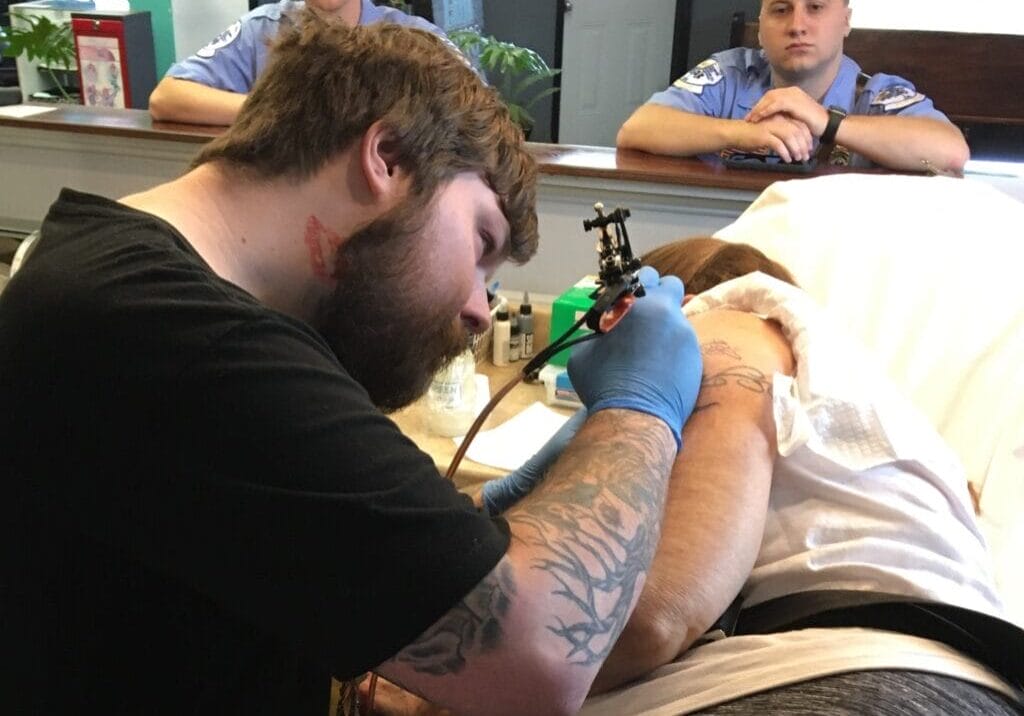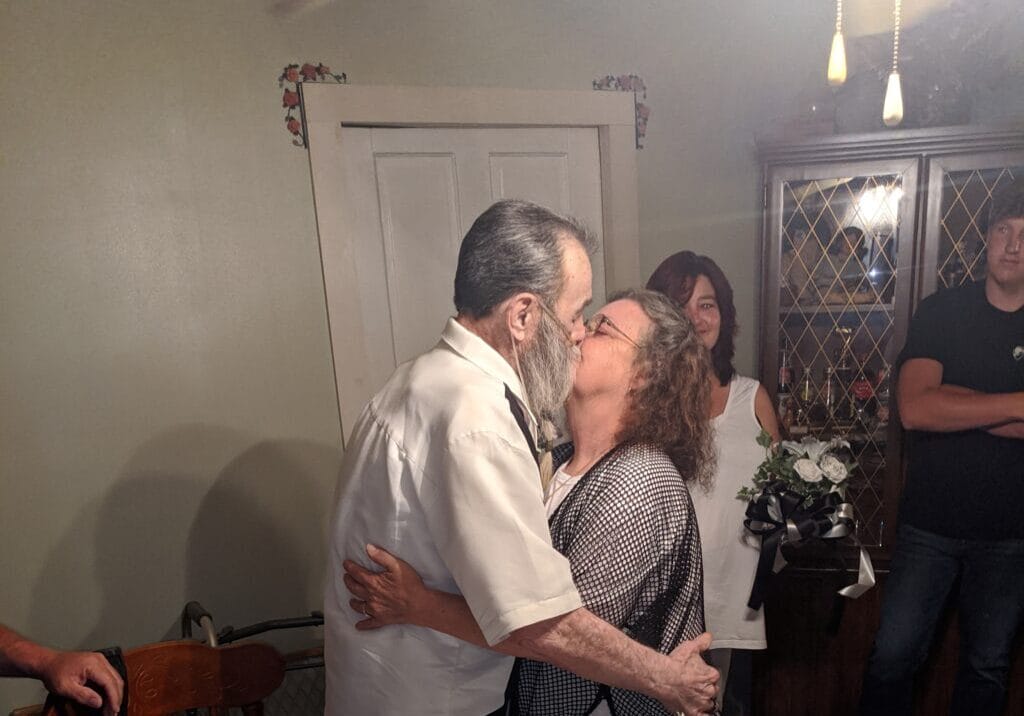
A new study shows that hospice care helps alleviate depression for surviving spouses.
A new study shows that spouses of hospice patients have fewer depression symptoms than those whose spouses did not receive hospice care.
The research was conducted at Mt. Sinai’s Icahn School of Medicine and published in JAMA Internal Medicine.
Researchers studied Medicare claims data and responses to the Health and Retirement Study, which focuses on adults over 50 years of age. They followed participants for up to two years after their spouses’ deaths.
According to the study, most all surviving spouses experienced an increase in depression symptoms after their spouses’ deaths. However, those whose spouses were cared for by hospice reported fewer symptoms. In addition, the ” improvement in depressive symptoms was more pronounced a year after the spouse’s death.”
The study’s findings demonstrate that hospice care can help alleviate the surviving spouse’s depression. Gail McGillis, RN, MSN, and CEO of Hospice Care Plus, believes the support the hospice team gives the caregiver is a major reason for the study’s findings.
“The hospice team gives compassionate support to the caregiver and to the whole family,” says Mrs. McGillis. “This helps them feel confident in their caregiving and in their choice to bring in hospice care.”
Hospice Care Plus—and most all hospices—offers a complete team to address the physical, emotional, social, spiritual, and practical needs associated with a terminal illness, both for the patient and for the caregiver and family. Care is typically provided in the patient’s home: a residential home, nursing home, or assisted living facility. When and if inpatient care becomes necessary, some hospices, including Hospice Care Plus, provide free-standing, inpatient hospice care. To learn more, call Hospice Care Plus anytime at 859-986-1500 or 800-806-5492.
Hospice Care Plus empowers those we serve to enjoy the highest quality of life, respecting their values, beliefs, needs, and goals through specialized care, education, resources, and grief support.
Our Service Area:
Our Home Hospice and Home Palliative Care programs serve you, wherever you call home, in the Kentucky counties of Estill, Jackson, Lee, Madison, Owsley, and Rockcastle.
Our inpatient care facility, the Compassionate Care Center, and administrative offices are located in Richmond, Kentucky.
Recent News:
News & Events

The Team Behind the Billboard
Now through October 6, local residents can see one of our patient care teams at the intersection of Highway 25 and the Robert Martin Bypass in Richmond. For the first time ever, they are featured on a billboard that educates about the nature of hospice and palliative care. The slogan? Caring is a team sport.…






